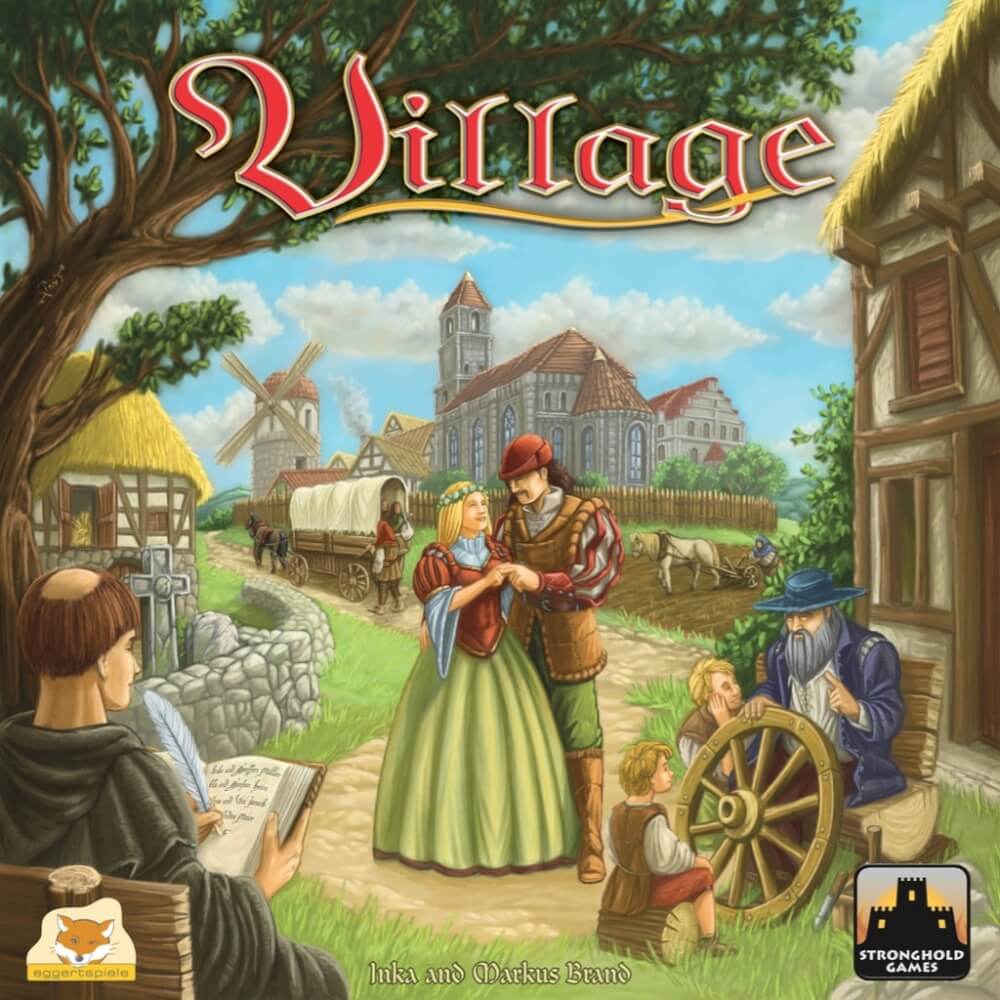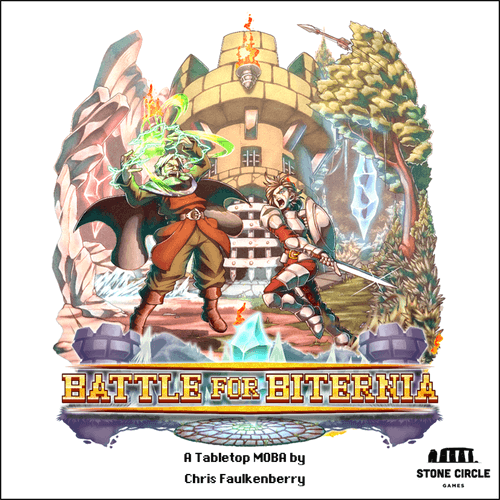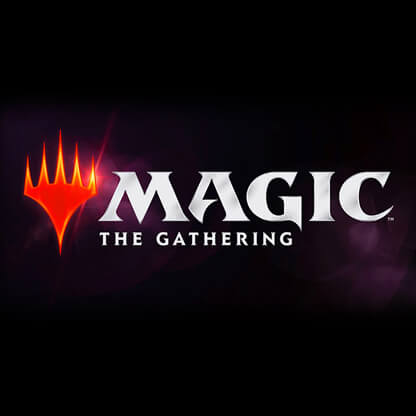
Village
In Vila, players take on the role of matriarchs and patriarchs of families who wish to leave an indelible mark on the history of their community. Life in the village is full of opportunities - from becoming a master craftsman to seeking the heart of wisdom as an elder. Every decision counts, for time is a limiting resource, and the choices you make can lead your family members to glory or oblivion. Players must carefully plan their actions, balancing the growth of their families with the inevitability of the passage of time. With an innovative and dynamic action system, Vila offers an immersive tactical experience, where the impact of your decisions will resonate for generations. Death is not the end, but a natural part of the journey, influencing how your stories will be remembered. Get ready for a game of strategy and emotion, where every move can shape the future of your village.Artists: Dennis Lohausen;
Designers: Inka Brand; Markus Brand
Date: 2011
Note: 8.4
Mechanics: Allocation of Different Types of Workers, Allocation of workers, End of game bonus, Collecting Sets, Contracts, Influence / Majority in the Area, Order of the Shift: Claim Action
Topics: Economy / Production, Medieval
Table of Contents
- How to Play
- Tips for playing
- Game mechanics
- Game components
- Additional Information
OBJECTIVE OF THE GAME
Tips for playing
Here are some tips for doing better in the game Village:
- Manage your time wisely; use the book of chronicles to take control of generations.
- Invest in trips and fairs to gain prestige and rare goods.
- Know your field well, optimize your harvests so that you always have resources available.
- Think strategically when sending family members to the monastery; this can earn you important points.
- Increase your crafting skills to produce valuable goods that generate more coins.
- Remember to plan replacements for former employees in the village, younger members can carry on their legacy.
- Pay for a dignified funeral for deceased members to ensure good points and a place in the village chronicles.
Video about the game
GAME mechanics
- Allocation of workersIn the Village, players use workers to carry out various actions on the board. Each player starts with a limited number of workers and must manage them to maximize their actions and the efficiency of their turn. The strategic positioning of workers is essential for the development of the village and the achievement of personal and collective objectives.
- Collecting SetsThroughout the game, players collect sets of resources and items that are used to fulfill specific tasks or earn victory points. The right composition of these sets can offer strategic advantages, allowing players to gain additional benefits or unlock new actions.
- Allocation of Different Types of WorkersDifferent types of workers can be allocated to specific tasks, and each type has unique skills or permissions. For example, more experienced workers can perform more complex tasks or access areas of the board that others cannot, requiring players to carefully plan which workers to use and when.
- Order of the Shift: Claim ActionTurn order in the Village is determined by a claim action, where players decide the sequence of their future actions. This mechanic can be critical, as having an advantage in turn order can allow players to access resources and actions before their opponents.
- ContractsContracts represent specific tasks or objectives that players must complete throughout the game. Fulfilling contracts can yield direct rewards, such as victory points or resources, encouraging players to balance their actions between fulfilling contracts and other strategies.
- Influence / Majority in the AreaIn various areas of the board, the influence or presence of the players is compared to determine an exclusive advantage or benefit. Having a majority in an area can give control over resources or allow additional actions exclusively to the player who holds the dominant influence.
- End of game bonusAt the end of the game, bonuses are awarded based on objectives achieved, resources accumulated, or areas under the player's control. Planning for these bonuses from the start is crucial, as they can determine the final winner, giving preference to those who have managed to balance progress during the game with long-term benefits.
Game components
See all the items in the game below Village:
- 72 influence cubes (18 brown, 18 pink, 18 orange, 18 green)
- 4 black monks
- 1 mass card
- 32 marker disks (8 red, 8 yellow, 8 blue, 8 white)
- 1 first player marker
- 24 tiles of customers
- 40 tiles of goods (8 scrolls, 8 horses, 8 plows, 8 oxen, 8 carts)
- 15 coins
- 20 tiles of grain sacks
- 1 sheet of stickers
- 11 family members in red, yellow, blue and white (a total of 44)
- 6 plague cubes
- 4 farm trays
- 1 main tray
- 3 preparation letters
- 2 cloth bags (1 green, 1 black)
Additional Information
- Ludopedia link: https://ludopedia.com.br/jogo/village
- Link Tabletopia: https://tabletopia.com/games/village
- Amazon Brazil link: Comprar Village
- Amazon USA link: Comprar Village


